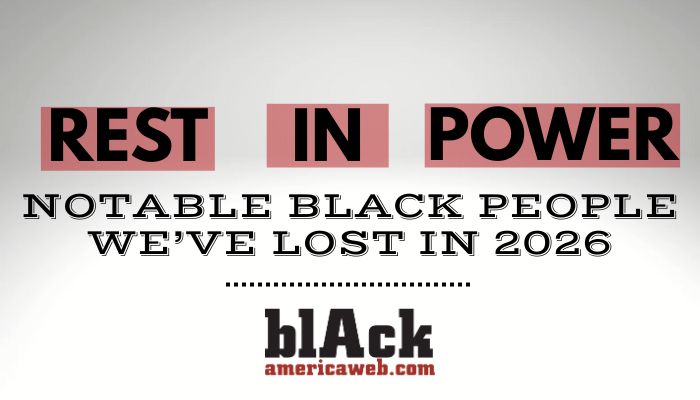Ebola Virus Worries Atlanta Residents
Ebola Virus Worries Atlanta Residents
Share the post
Share this link via
Or copy link
The Ebola virus, one of the worst viruses known to man, is wreaking havoc across West Africa. So far, this frightening disease has killed 887 lives and over 1600 cases have been documented. In addition, the numbers are not slowing down. Two American missionary/medical workers infected with the deadly Ebola virus were transported over 6,000 miles back to the United States to be treated in Atlanta, GA.
Some Atlantans are fine with it, while others have mixed feelings. Some are terrified at the possibility that this deadly disease could end up spreading across America.
The Ebola virus is not, like many other deadly contagions, spread through the air. It is transmitted through direct contact with the blood, secretions, or other body fluids of ill people, and indirect contact (with needles and other things that may be contaminated with these fluids). And there has to be direct contact frequently with body fluids or blood according to the Center for Disease Control and Prevention (CDC) in Atlanta.
Love Black America Web? Get more! Join the Black America Web Newsletter
We care about your data. See our privacy policy.
“I wish that I could say that it is a good idea to have them to come to Atlanta for treatment, but they could have given them treatment back over there in Africa,” says Atlanta computer technician Darryl Holland. “It is already proven to be the case as the other volunteer has already received treatment and is on her way to Atlanta.”
A prominent Atlanta doctor says that because Atlanta is home to both the Centers for Disease Control and the virus experts at Emory University Hospital, where the two Americans are being treated, he believes that there is little risk to the American public.
“You’re transporting a patient across the country to receive treatment while there are patients right there in Africa that need treatment,” he says. “Everybody has a fear of Ebola being transmitted [here]which should not be a concern because they are going to take all the necessary precautions to prevent that. I don’t think we are at risk. My issue is what about the people of Africa who need the same treatment in their country? It looks like we are concerned about one person versus the masses of people that have contracted it. It starts looking like the ‘haves and the have nots,” he says.
According to the CDC, although Ebola has no known cure it can be treated with “supportive therapy,” such as balancing the patients’ fluids and electrolytes, monitoring vital signs and treating any additional infections. Experimental treatments have been tested and proven effective in animal models but have not yet been used in humans. However, an experimental drug was used on the missionary workers, and that is raising more questions.
The World Health Organization does not recommend any travel or trade restrictions on Guinea, Liberia or Sierra Leone. However, the CDC issued travel warnings last week for the three West African countries and their airports have also restricted travel in and out of the countries.
A confirmed case of Ebola in Nigeria may become an issue, as it’s the most populous country in African and the man infected arrived in Nigeria by air from Liberia. Nigeria is now acknowledging that the man, Patrick Sawyer, a Liberian-American has died, and was not properly quarantined before it was discovered he had the disease.
A question that comes to mind is if the Ebola virus is transmitted in the same way HIV and Hepatitis B or C are transmitted, why are there so many precautions (hazmat suits, protective gear, isolation unit) being put into place?
According to Emory Healthcare website:
“The Ebola virus is part of a list of agents that the United States government has determined to be a threat to bioterrorism. This list is called Level A agents. Because Ebola is on this list, we are required by law to take extra precautions when handling materials that may be contaminated or when treating patients that are infected with it.”
“I have mixed feeling about this. It frightens me to think this could be widespread. Every day I hear it spreading more and more. Honestly, I feel like Emory may be experimenting with this at the expense of so many people’s lives. I pray for the best,” says Sandra Walker, self-employed advertising executive.
Reports say the two American aid workers being treated at Emory are stabilizing, though they are still in serious condition.









